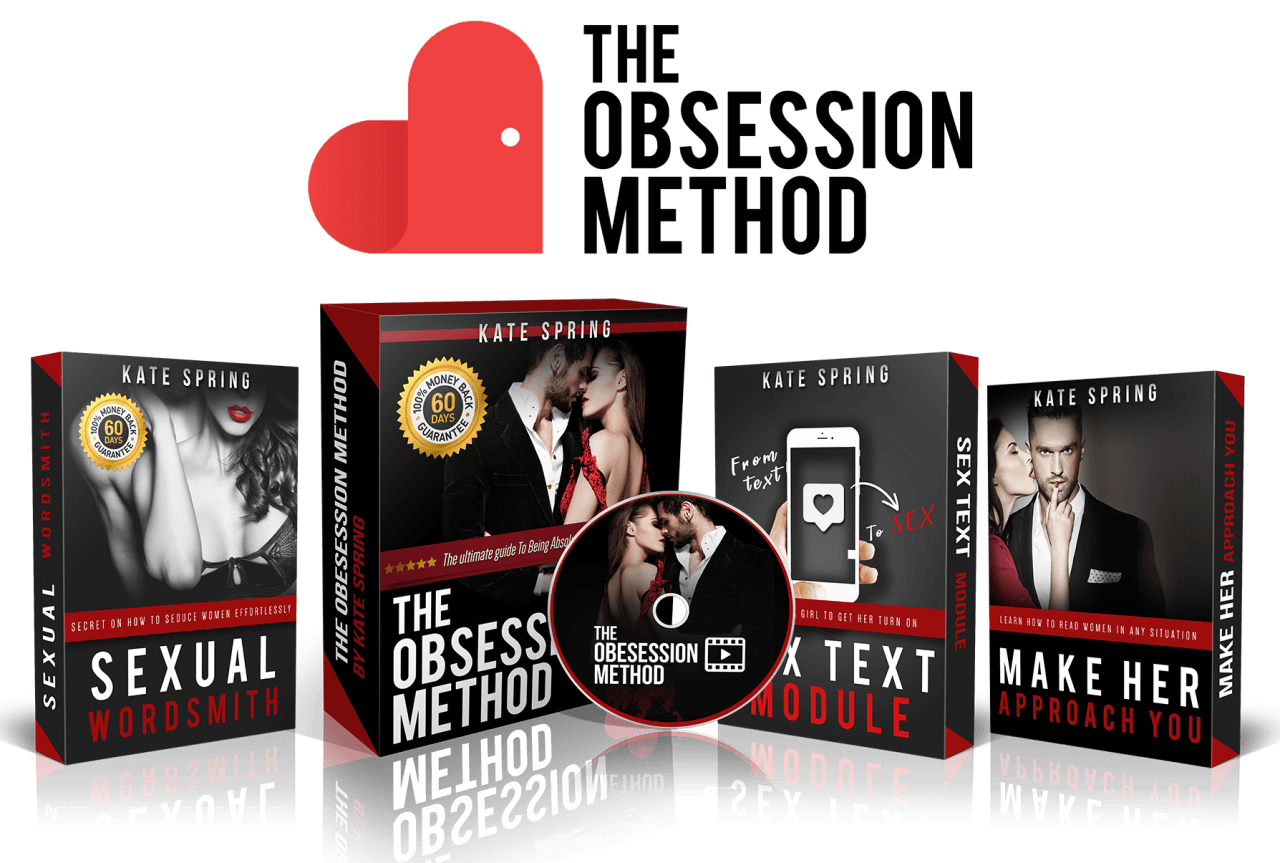“Sometimes letting things go is an act of far greater power than defending or hanging on.” ~Eckhart Tolle
In July 2023, my father died in a tragic accident. We were devastated—my sisters, my mother, and I. Or so I thought.
What followed in the months after his death forced me to confront the truth of my mother’s emotional disconnection, a truth I had sensed but never fully allowed myself to see. In losing my father, I also lost the illusion of the mother I thought I had.
A Sudden Exit
By September, just two months after my father’s death, my …
“Sometimes letting things go is an act of far greater power than defending or hanging on.” ~Eckhart Tolle
In July 2023, my father died in a tragic accident. We were devastated—my sisters, my mother, and I. Or so I thought.
What followed in the months after his death forced me to confront the truth of my mother’s emotional disconnection, a truth I had sensed but never fully allowed myself to see. In losing my father, I also lost the illusion of the mother I thought I had.
A Sudden Exit
By September, just two months after my father’s death, my mother packed up and left the home we had just helped her settle into. She moved from Florida to Alabama to be with a man she had secretly loved for years—her high school crush. A man she had long referred to as her “co-author.” I will call him Roy.
He had been a nightly fixture in her life for a while. She would stay on the phone with him late into the evening, even while my dad slept in the next room. She always claimed it didn’t bother my father. But looking back, I wonder if he just swallowed the discomfort, like so many other things.
Let’s take a step back. In 2022, my sister and I bought a home for our parents to retire in comfortably. We thought we were giving them a safe and loving space to grow old together. But before my father even passed away, my mother had already planned her escape. The house we bought wasn’t her sanctuary. It was a stopover.
She didn’t ask us for help moving. She didn’t even warn us. She bought new luggage, made quiet arrangements, and disappeared. We were suddenly bombarded with text messages filled with excitement: stories of her “new life,” her “adventures,” and her rediscovered love. She glowed with freedom while the rest of us were still gasping for air.
A New Life, A New Name
By January—six months after my father died—she was married to Roy. She changed her last name. She discarded decades of shared identity with my father like she was shedding an old coat. She left behind his ashes. She left the framed photos that we had prepared for his memorial. It was as if he had never existed.
But it wasn’t just him she left behind. She also abandoned her daughters. Her grandchildren. Her great-grandchildren. A family many would cherish, tossed aside like clutter.
Her new story was one of long-suffering redemption. She recast herself as the woman who had endured a marriage with a difficult man and had finally, after decades, found joy. The truth? She had slowly detached from the rest of us for years—investing more time in writing projects and Facebook groups aligned with Roy’s interests, and less in her own family.
Her new husband had also just lost his spouse, only days after my dad died. The narrative practically wrote itself: two grieving souls who found each other through fate. But those of us watching from the outside knew the foundation had been laid long before the funerals.
The Pain of Rewriting the Past
Eventually, my sisters and I had to step away. We had asked for space to grieve our father—kindly, repeatedly. But every boundary was met with denial, deflection, or emotional manipulation. There was no recognition of our pain, only excitement about her “next chapter.”
Sometimes I wrestle with the urge to correct her version of events. In her telling, she’s the eternal victim: a woman finally liberated, only to be judged by ungrateful daughters who refused to be happy for her. But I’ve learned that arguing with someone’s internal mythology rarely leads to healing. It only deepens the divide.
So, I let go. Not of the truth, but of the need for her to see it.
I grieved deeply—not only for my father, but for the mother I thought I had. I began to wonder: Had she ever wanted children? Had she ever truly been emotionally available? Was it all performative?
Those are hard questions to ask. But once I allowed myself to see her clearly—not as the mother I hoped she was, but as the woman she actually is—I began to feel something surprising: relief. And eventually, acceptance. Accepting that a parent is incapable of giving you the love you needed is one of the hardest emotional tasks we face. But it’s also one of the most liberating.
Breaking the Cycle
There were red flags in childhood. My mom wasn’t nurturing. She often complained of pain, stayed stuck on the couch, irritable and disconnected from the rest of the family. I walked on eggshells around her. I can’t recall warm, playful memories. That emotional void quietly shaped me in ways I didn’t fully understand until recently.
I developed an attachment style that drew me to avoidant relationships, repeating old patterns. I didn’t know how to ask for what I needed because I had never learned to recognize my needs in the first place.
Through therapy, reflection, and support, I began to break the cycle. But it required giving up the fantasy. It required grieving not just the loss of my parents, but the loss of the childhood I wished I had. This is not a story of blaming parents, but rather one of gaining a deeper understanding of my mother to better understand myself.
I want to be clear: I have compassion for my mother. She grew up with mental illness in her home. She wasn’t nurtured either. She didn’t learn how to attune, connect, or show up. She may have done the best she could with what she had.
But compassion doesn’t mean ignoring harm. I can hold both truths: her pain was real, and so is the pain she inflicted.
The Freedom of Letting Go
I’ve stopped hoping for an apology. I’ve stopped trying to explain myself. And I’ve stopped trying to earn her love.
Instead, I’m investing in the relationships that nourish me. I’m giving myself the emotional safety I never had. I’m allowing myself to feel it all—the grief, the clarity, the compassion, the peace. Letting go of a parent doesn’t make you cold-hearted. It means you’ve decided to stop betraying yourself.
Because here’s the truth I’ve come to accept: we can love our parents and still recognize that the relationship isn’t healthy. We can give grace for their pain without sacrificing our own healing. And in some cases, we can—and must—walk away.
There is freedom in seeing our parents as they really are—not as idealized figures, but as complex, flawed humans. When we hold onto illusions, we gaslight ourselves. We call ourselves too sensitive or too needy when in reality, we’re responding to unmet needs that have been there all along.
To me, that doesn’t mean sitting in resentment about what you didn’t get from your parents; it means figuring out how to provide that for yourself as an adult. If we don’t examine those early wounds, we carry them forward. We struggle to trust. We tolerate toxic dynamics. We confuse love with emotional labor.
Understanding where it all began leads to healthy change. We can choose different relationships. We can choose ourselves.
And that, I’ve learned, is where healing begins.
About Anissa
Anissa Bell is a licensed marriage and family therapist and sleep specialist who helps anxious minds find rest—even when life feels anything but restful. She works with clients to untangle the worries that keep them up at night, including work stressors, relationship problems, complicated family dynamics, and the overall life messiness that fuels anxiety and insomnia. Learn more about her therapy practice at sleep-anxiety.com orclaritytherapyassociates.com, or get to know her on a more personal level HERE.
Get in the conversation! Click here to leave a comment on the site.
Recommended Story For You :

Discover the Obsession Method and Transform Your Relationships

Unveiling the Secrets to Rekindle Your Relationship and Get Your Girlfriend Back

Unlocking the Secrets of Water Harvesters for Sustainable Solutions

Your Trusted Guide to Practical Medicine for Every Household

Discover the Obsession Formula for Magnetic Connections

Transforming a Connection into a Lasting Relationship with One Simple Move

The High Output Pocket Farm – Cultivating Life amidst Desert War Zones

EVERYTHING IS HAPPENING THE EXACT TIME AND IN THE EXACT ORDER

